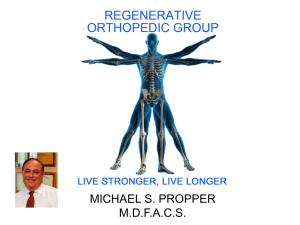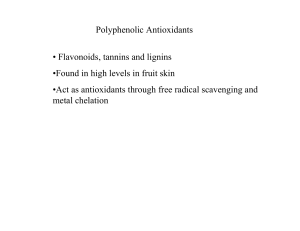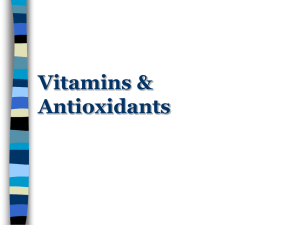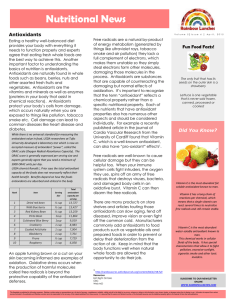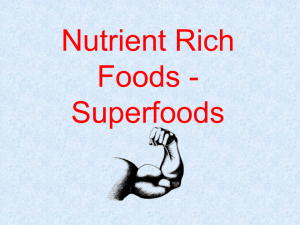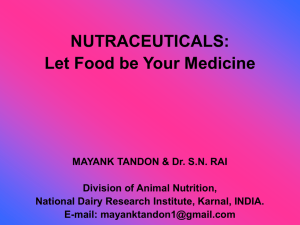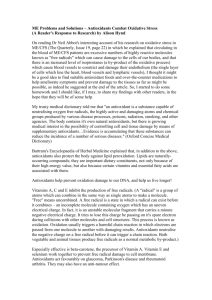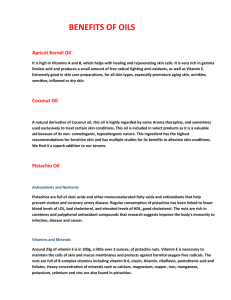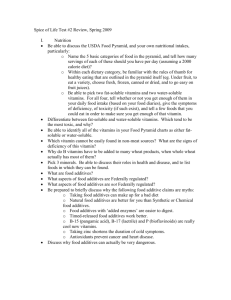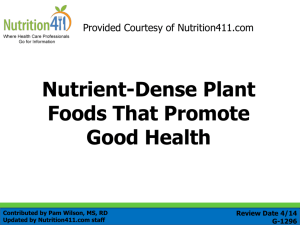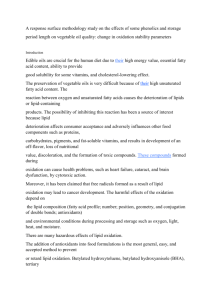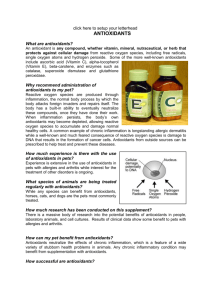648
advertisement
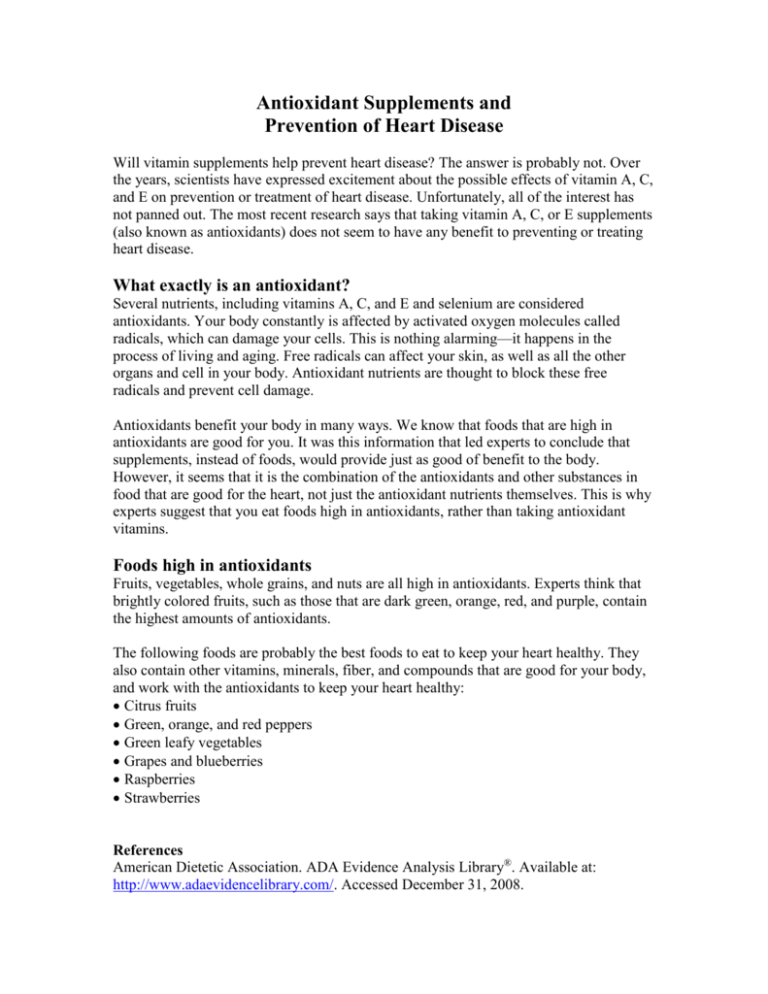
Antioxidant Supplements and Prevention of Heart Disease Will vitamin supplements help prevent heart disease? The answer is probably not. Over the years, scientists have expressed excitement about the possible effects of vitamin A, C, and E on prevention or treatment of heart disease. Unfortunately, all of the interest has not panned out. The most recent research says that taking vitamin A, C, or E supplements (also known as antioxidants) does not seem to have any benefit to preventing or treating heart disease. What exactly is an antioxidant? Several nutrients, including vitamins A, C, and E and selenium are considered antioxidants. Your body constantly is affected by activated oxygen molecules called radicals, which can damage your cells. This is nothing alarming—it happens in the process of living and aging. Free radicals can affect your skin, as well as all the other organs and cell in your body. Antioxidant nutrients are thought to block these free radicals and prevent cell damage. Antioxidants benefit your body in many ways. We know that foods that are high in antioxidants are good for you. It was this information that led experts to conclude that supplements, instead of foods, would provide just as good of benefit to the body. However, it seems that it is the combination of the antioxidants and other substances in food that are good for the heart, not just the antioxidant nutrients themselves. This is why experts suggest that you eat foods high in antioxidants, rather than taking antioxidant vitamins. Foods high in antioxidants Fruits, vegetables, whole grains, and nuts are all high in antioxidants. Experts think that brightly colored fruits, such as those that are dark green, orange, red, and purple, contain the highest amounts of antioxidants. The following foods are probably the best foods to eat to keep your heart healthy. They also contain other vitamins, minerals, fiber, and compounds that are good for your body, and work with the antioxidants to keep your heart healthy: Citrus fruits Green, orange, and red peppers Green leafy vegetables Grapes and blueberries Raspberries Strawberries References American Dietetic Association. ADA Evidence Analysis Library®. Available at: http://www.adaevidencelibrary.com/. Accessed December 31, 2008. Institute of Medicine of the National Academies. Dietary antioxidants and related compounds. Available at: http://www.iom.edu/CMS/3788/4019.aspx. Accessed December 31, 2008. Kris-Etherton PM, Lichtenstein AH, Howard BV, Steinberg D, Witztum JL. Antioxidant vitamin supplements and cardiovascular disease. Circulation [serial online]. 2004;110:637-641. Available at: http://circ.ahajournals.org/cgi/content/full/110/5/637. Accessed December 31, 2008. Mahan LK, Escott-Stump S. Krause’s Food and Nutrition Therapy. 12th ed. St Louis, MO: Saunders/Elsevier; 2008:858, 959. US Dept of Health and Human Services, Agency for Healthcare Research and Quality. Effect of supplemental antioxidants vitamin C, vitamin E, and coenzyme Q10 for the prevention and treatment of cardiovascular disease. Available at: http://www.ahrq.gov/clinic/epcsums/antioxsum.htm. Accessed January 12, 2009. Review Date 2/09 G-0900
